Misconceptions and false narratives concerning the development of the Guangdong-Hong Kong-Macao Greater Bay Area were dispelled recently by stakeholders, experts and government officials, who shed light on the remarkable progress and sustainable development that the region has achieved.
The Greater Bay Area has come under scrutiny recently with narratives claiming overinvestment, competitive fallouts and a lack of integration within the region hindering its development.
In response to these concerns, Zhu Yonghui, deputy director of Guangdong's Greater Bay Area Office, said the GBA is a thriving hub of sustainable growth, and the area's commitment to balance, innovation and community well-being has positioned it as an exemplar of responsible urban development.
According to Zhu, the GBA has been marked by thoughtful and sustainable investments that encompass various sectors, including technology, education and infrastructure.
"Rather than an excessive investment, the region has strategically allocated resources to foster long-term growth and innovation," said Zheng Fang, deputy director of the urban planning authority of Guangzhou's Nansha district.
For some time, Nansha, Guangzhou's new district, has been accused of excessive investment and being a "hollow city".
To this, Zheng said, "Far from being a hollow city, Nansha has prioritized economic diversification, and the district has already successfully attracted a variety of industries, including technology, finance and logistics, thus ensuring a robust and balanced economic base."
According to Zheng, Nansha's investment in infrastructure and community amenities has significantly improved the quality of life in the region, and a focus on healthcare, recreational areas and cultural attractions has made Nansha an attractive place to live, work and visit.
Data from the local authority showed that Nansha had offered more than 1,000 talent apartments to residents from the Hong Kong and Macao special administrative regions and more than 40,000 residents from Hong Kong and Macao had actively participated in various forms of insurance, including pension, unemployment and work-related injury insurance in the district.
Concerning the competition between cities and lack of integration, Wang Shaling, director of the container business and operation center of Guangzhou Port Group, told China Daily that competition should be celebrated and efforts to improve integration are already well underway.
"The idea of competition among cities within the Greater Bay Area should be celebrated rather than criticized because competition drives innovation, fosters growth, and compels cities to continually improve and differentiate themselves.
"Meanwhile, the competition among cities like Shenzhen, Hong Kong and Guangzhou fuels the area's economic vitality and technological advancements because each city specializes in distinct sectors, thus contributing to the area's overall development," Wang said, adding that infrastructure projects, like the Hong Kong-Zhuhai-Macao Bridge and high-speed rail networks, have substantially reduced travel times and facilitated closer connections between cities, which bolsters the flow of talent and capital, and helps create a more seamless GBA.








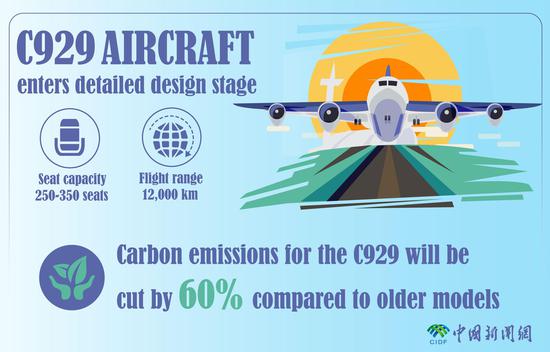
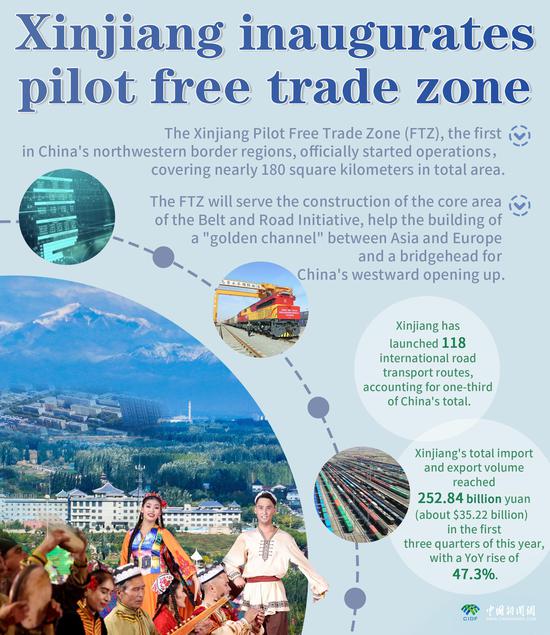
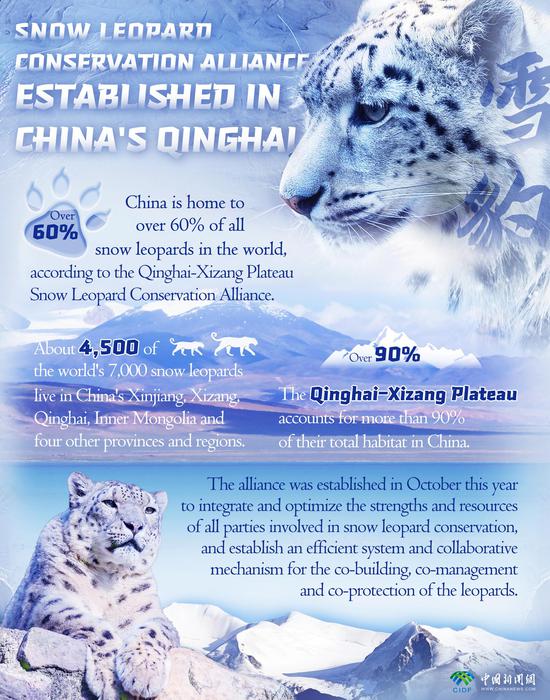

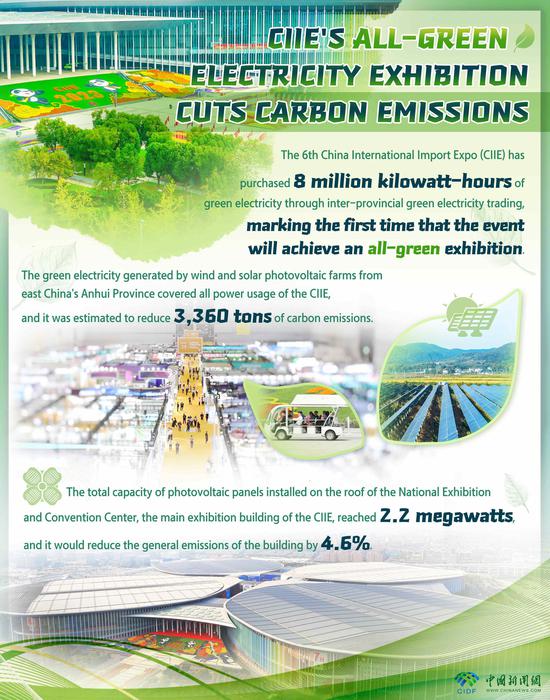
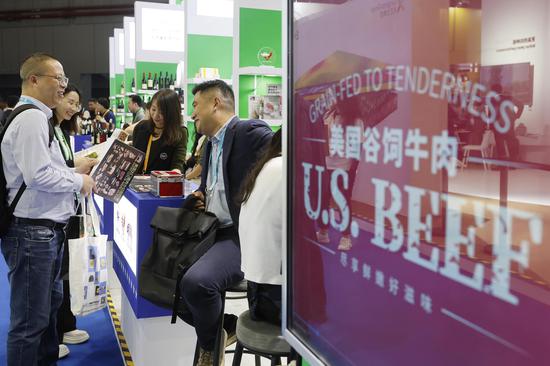



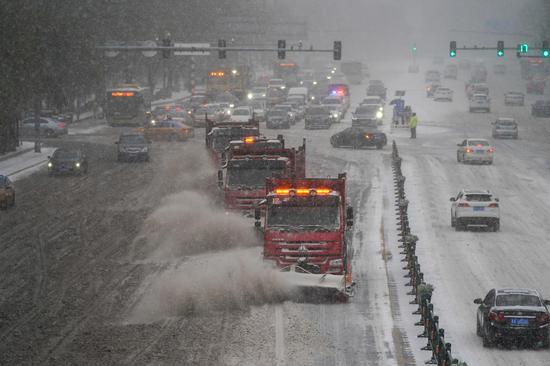
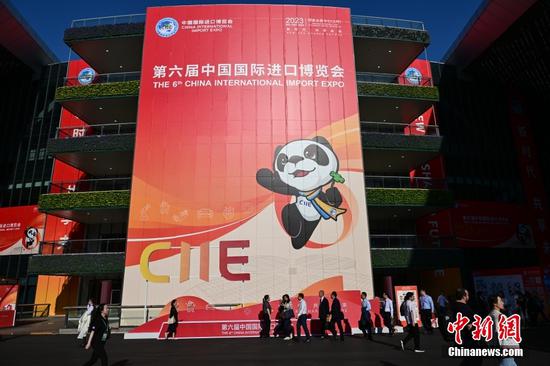
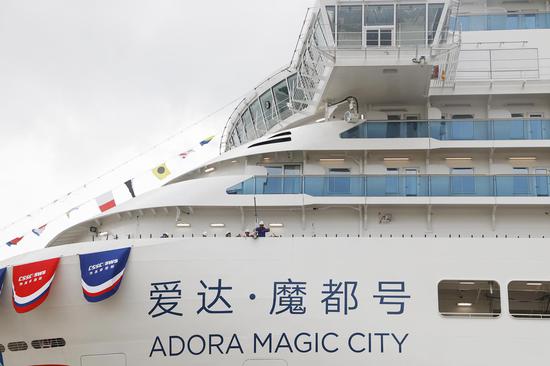




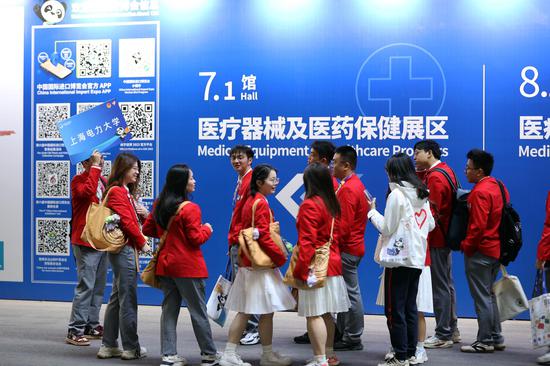
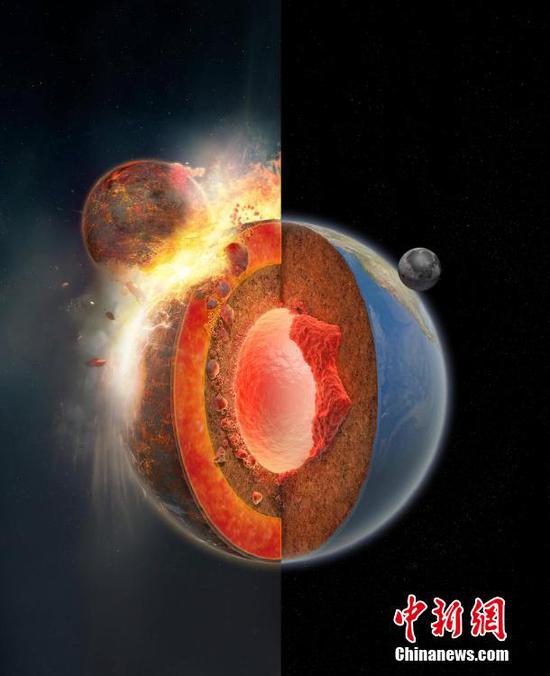

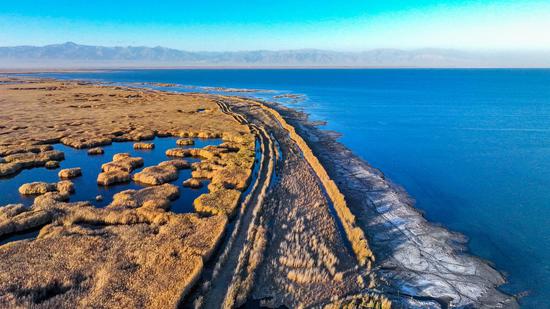
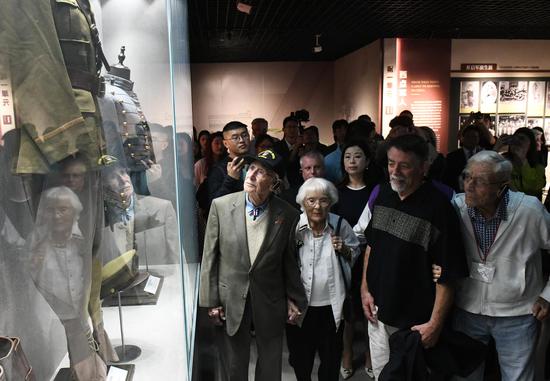
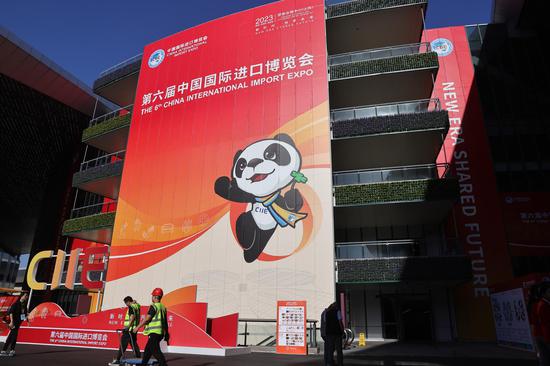
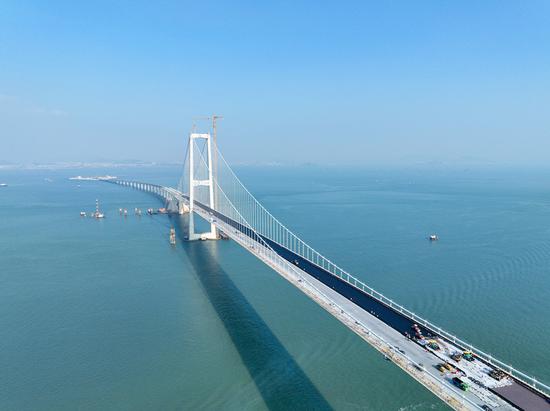


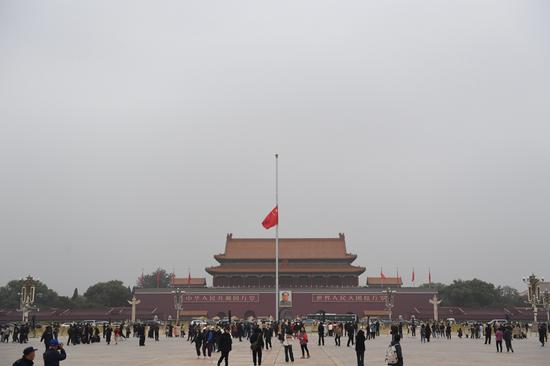

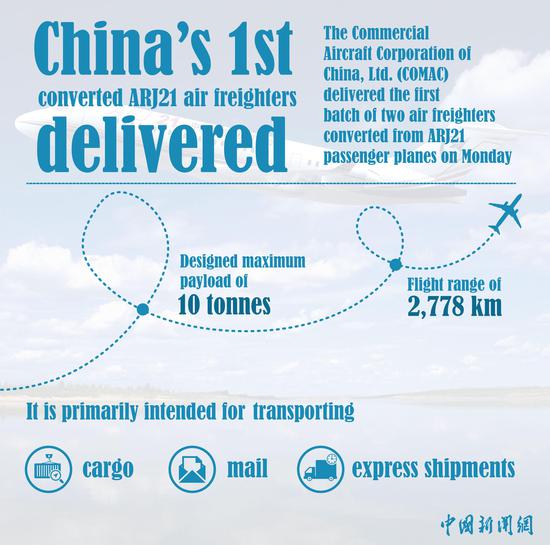
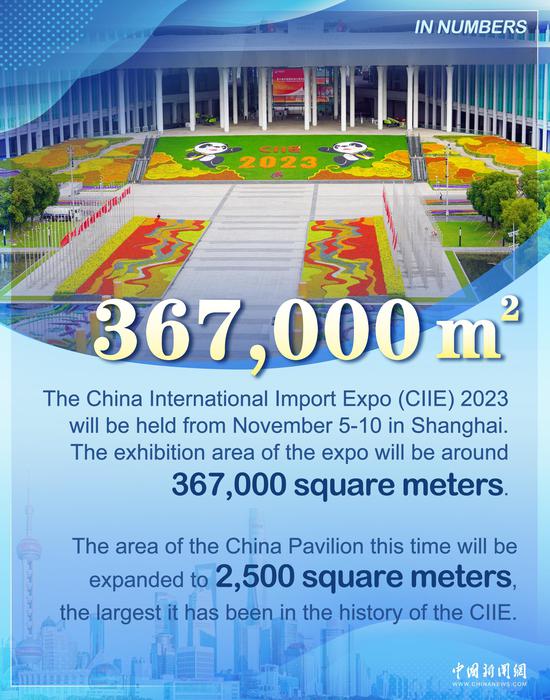
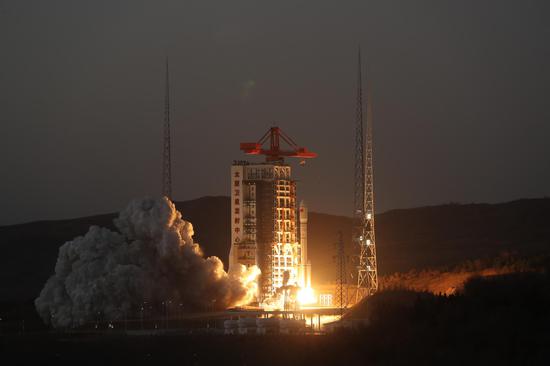
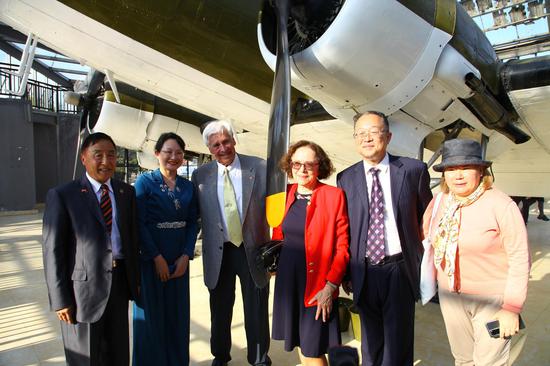

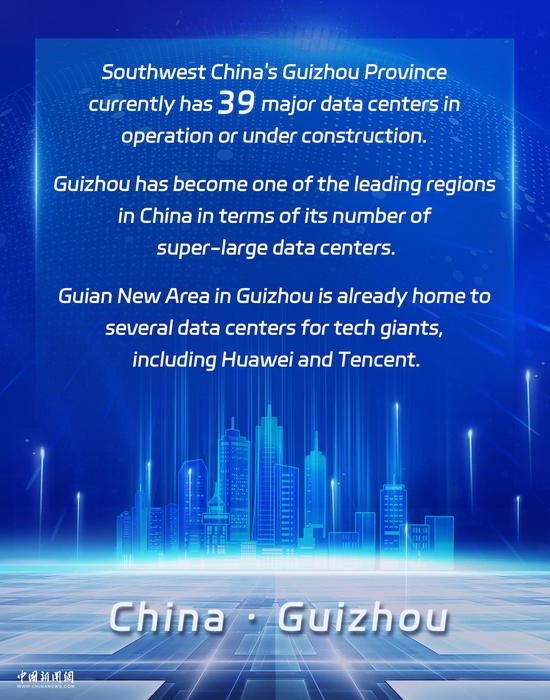

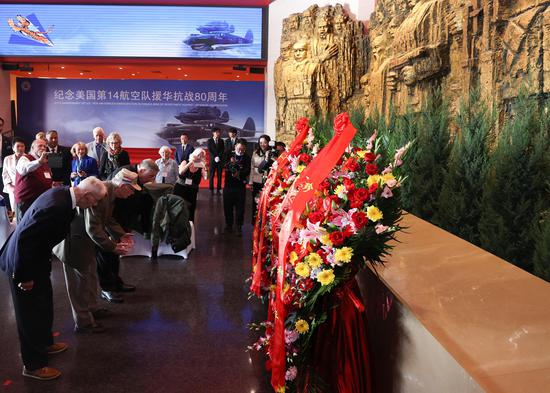
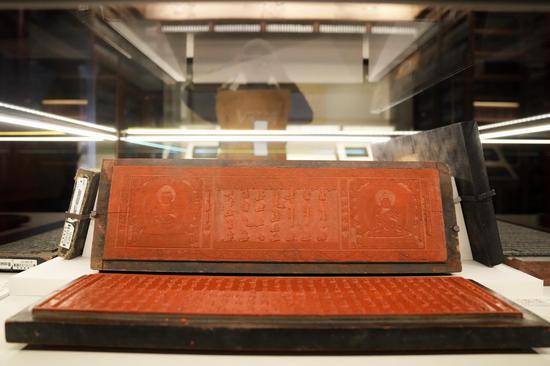






 京公网安备 11010202009201号
京公网安备 11010202009201号